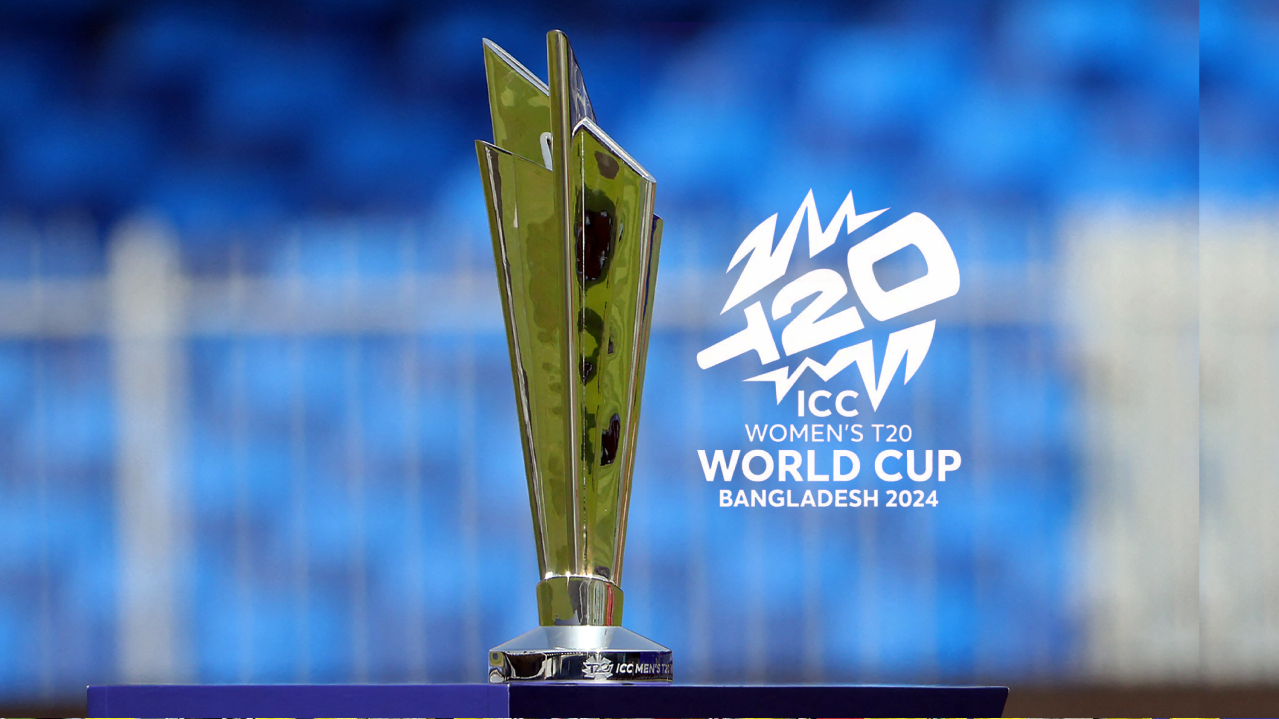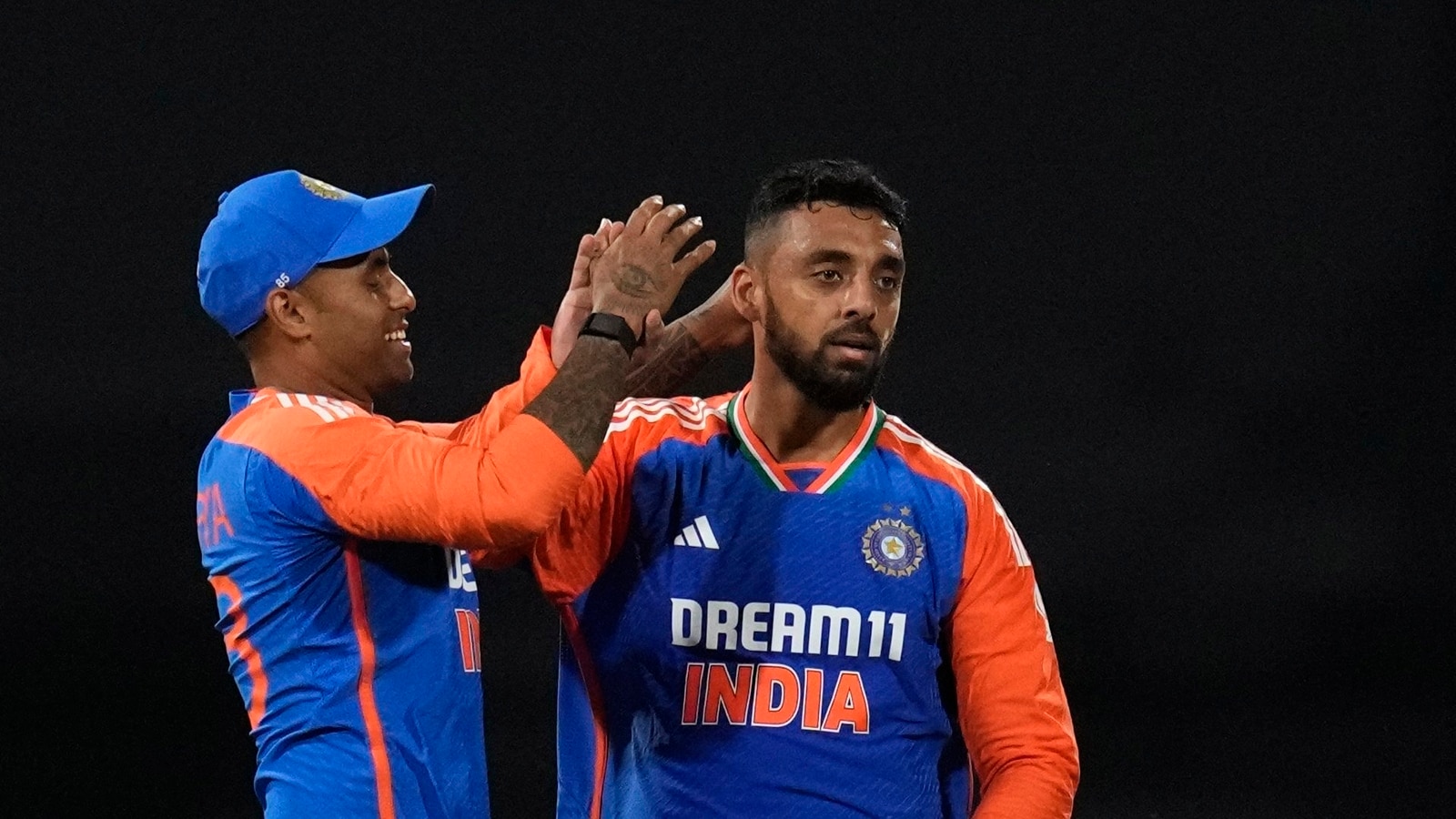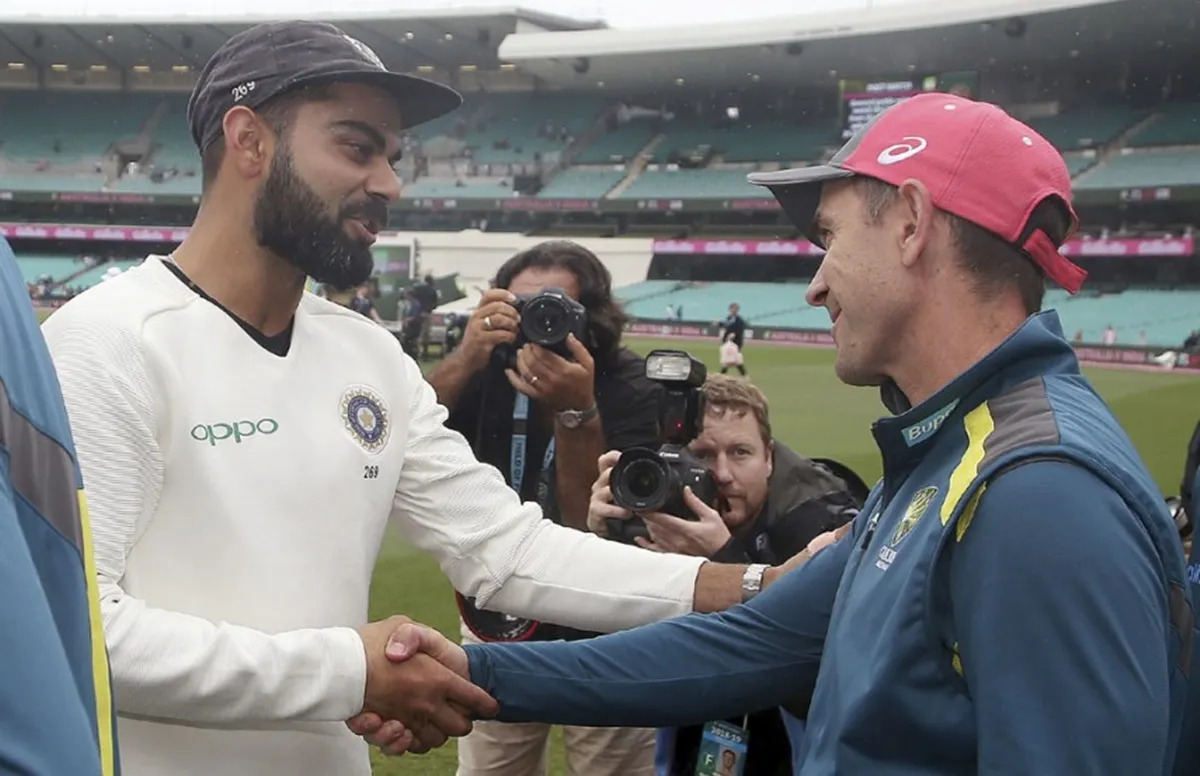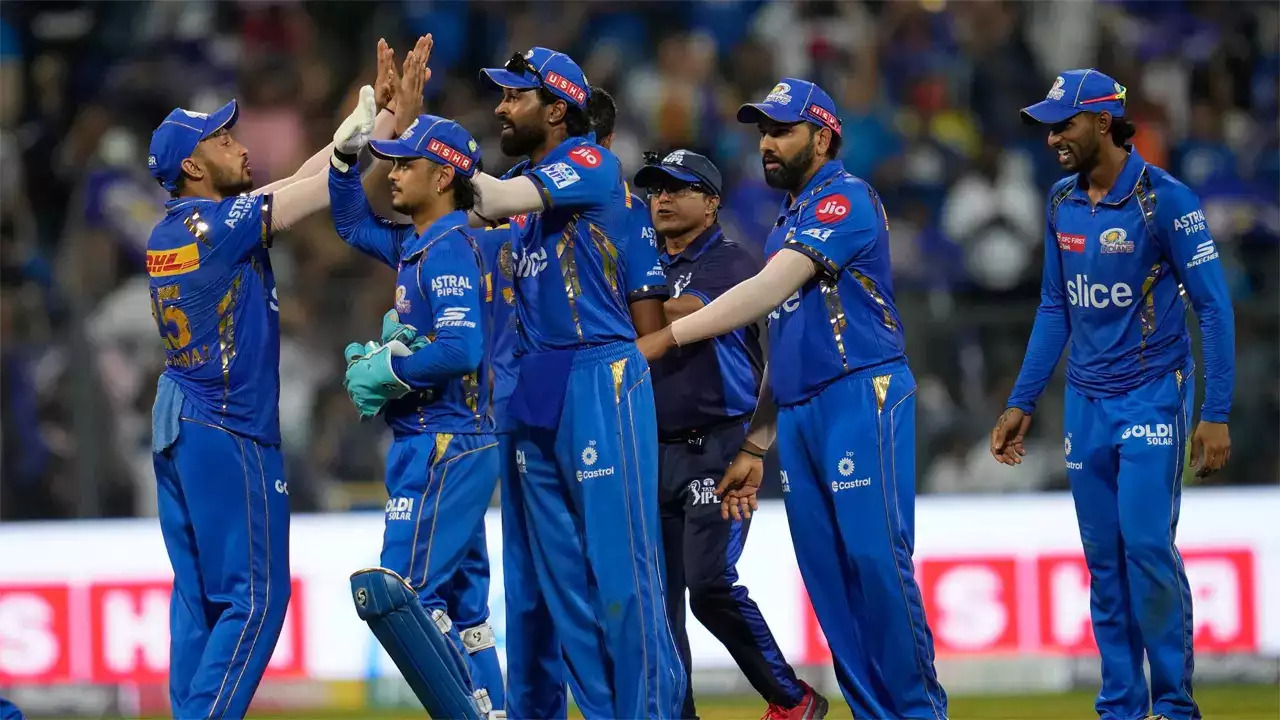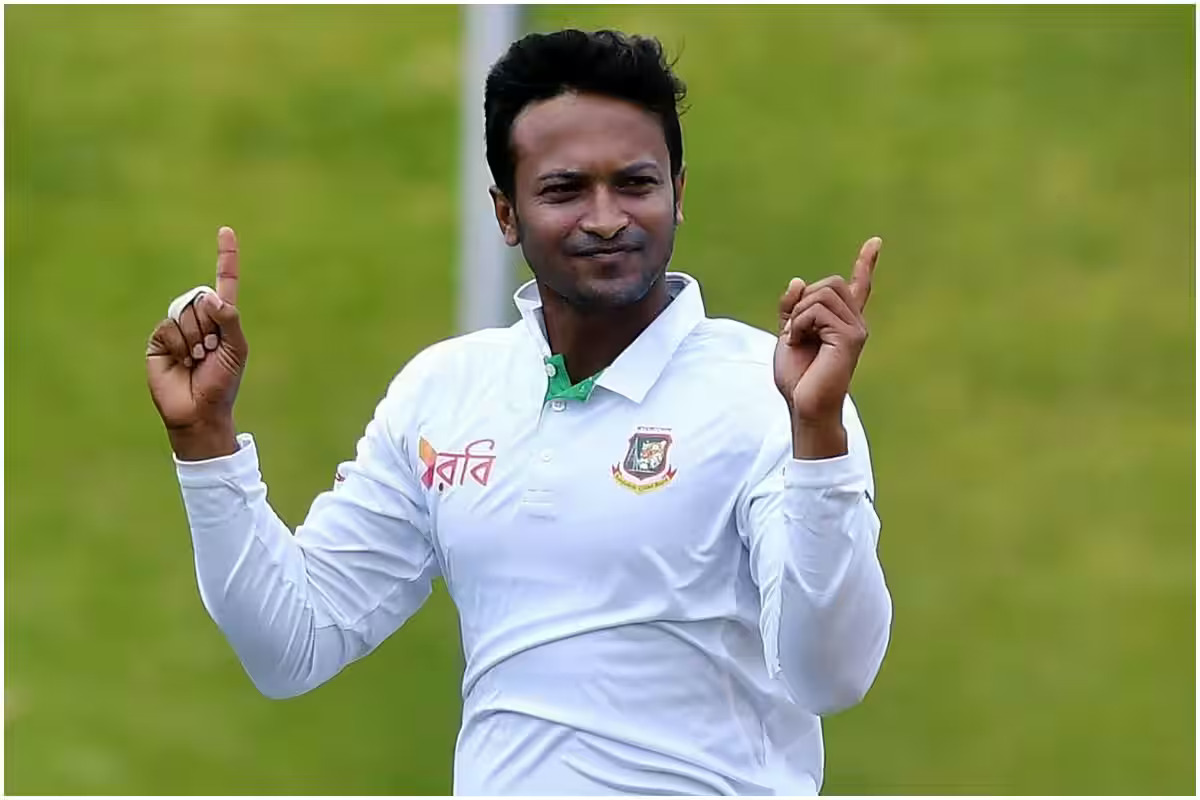Bangladesh is requesting support from the UN in order to maintain its hosting rights for the 2018 Women’s T20 World Cup. The move jeopardises Bangladesh’s chances of hosting the renowned cricket tournament since a number of nations have placed travel restrictions on its people visiting Bangladesh.
With Australia, the UK, India, and New Zealand discouraging or outright forbidding their citizens from visiting Bangladesh, the government of Bangladesh is in a difficult position. The October 3 start date of the event has been called into question due to this relocation. Bangladesh’s interim government’s adviser on youth and sports, Asif Mahmud, spoke candidly about the matter.
Certain countries have travel limitations, therefore we will talk to the UN about it.
Professor Yunus, the chief adviser to Bangladesh’s interim administration, and I will discuss several infrastructure and security-related challenges. According to, Mahmud stated, “He loves sports and hopes that he can settle the issue.”
The participating boards have been notified by the International Cricket Council (ICC) that the organisation is keeping a careful eye on the issue and is exploring all of its options, including moving the competition. Travel limitations are the biggest barrier to organising the event, according to the Bangladesh Cricket Board (BCB).
The fact that the BCB is still experiencing a crisis only makes things more difficult. Since the Awami League government fell on August 5, the board’s president, Nazmul Hassan, has not been seen. The administration is in disarray as a result of the disappearance of several directors with political ties.
“There’s a missing BCB president. Of course, all of a federation’s organs must function in order for it to function. The president is not present, and he bears a big responsibility. We are unable to make decisions for the BCB because it is an independent federation, Mahmud continued.
Syed Ashraful Huq: The BCB requires reform.
The government has recommended that the directors of the BCB look at options within the ICC’s legal framework, including maybe designating a temporary head. Mahmud stressed that fundamental transformation is necessary to guarantee a long-term solution and prevent corruption.
“While we must adhere to a procedure, we also wish to make the necessary modifications. We want to take action so that we can create a lasting solution; we don’t want to change the individual. Instead, we want to alter the system so that corruption cannot enter and infiltrate everyone who enters by adhering to it.
Syed Ashraful Huq, a former general secretary of the BCB, highlighted the need for better planning and execution and criticised the board for not moving forward after achieving full membership in 2000.
“The BCB requires reform. With the exception of a few infrastructure improvements, we haven’t witnessed much increase in our performance over the past 24 years, despite achieving Full Membership in 2000. A cricket ground, for example, is not owned by BCB.
Also Read: Taskin Ahmed rejoins the Bangladeshi Test team in preparation for the coming series against Pakistan
Our planning is lacking, and when it is, nobody has followed through on it. The experience of BCB officials is considerable. It is rather disheartening for them to fail, as many of the directors have been working for 20–30 years, Huq remarked.






 Win Projections to be updated soon
Win Projections to be updated soon




















